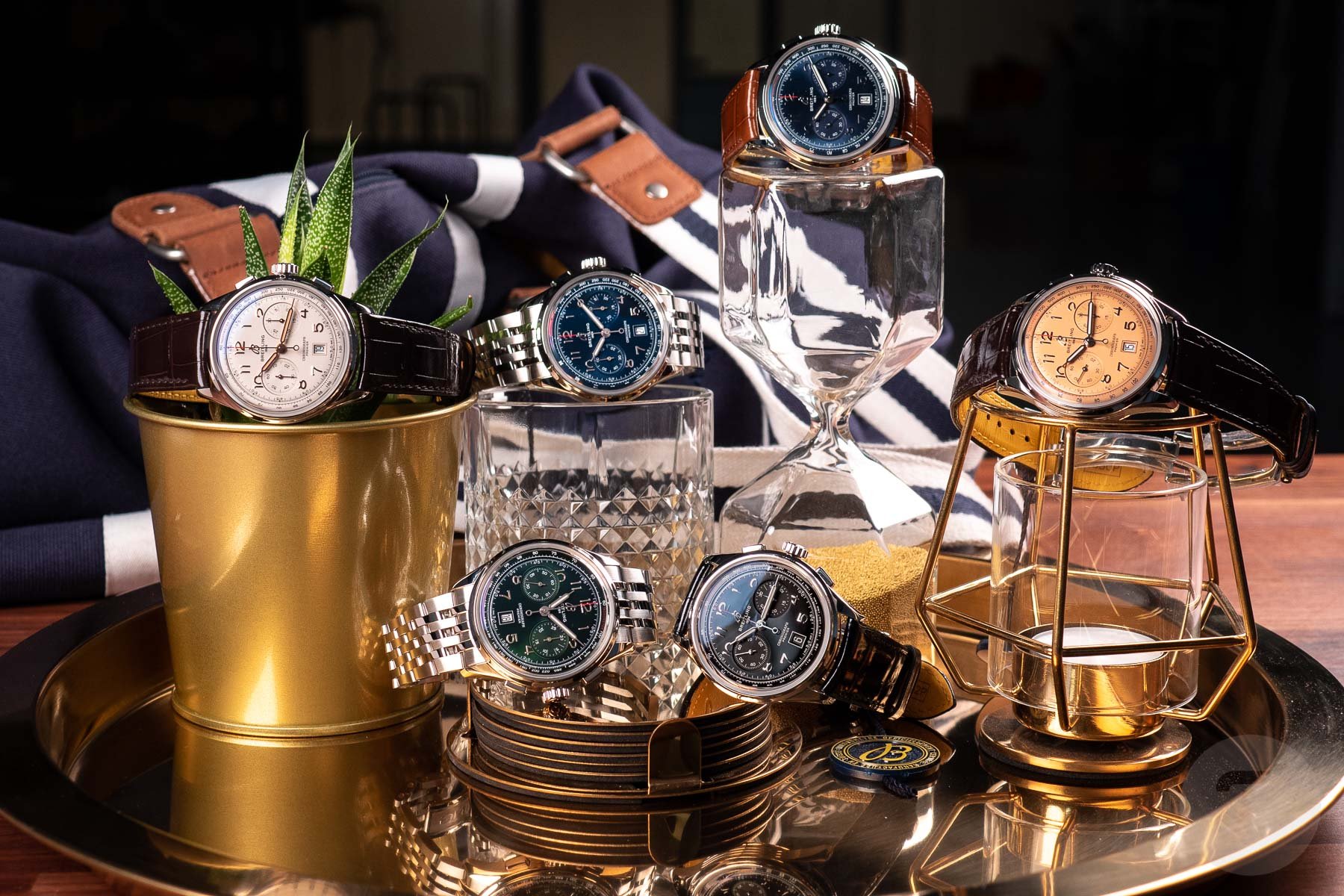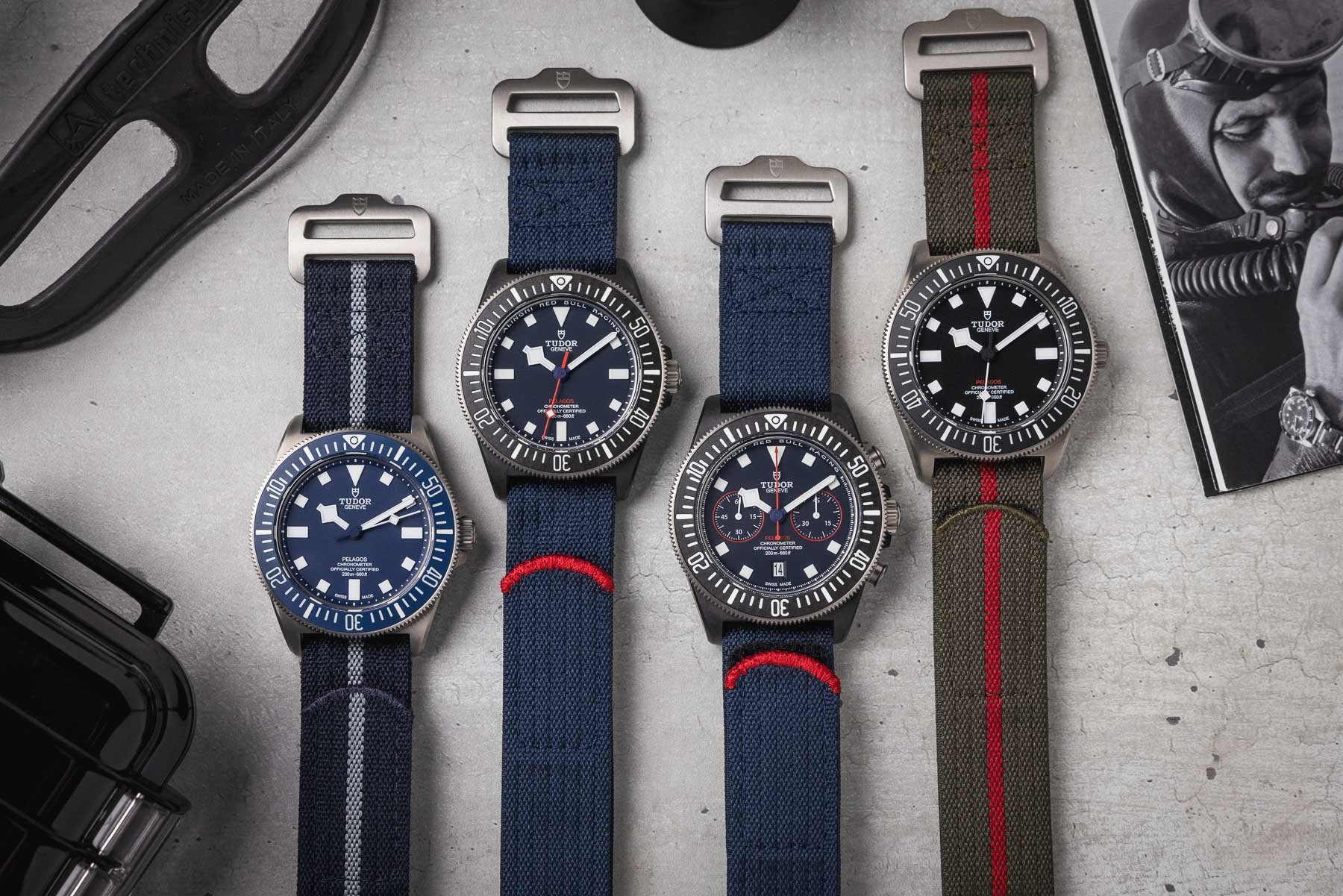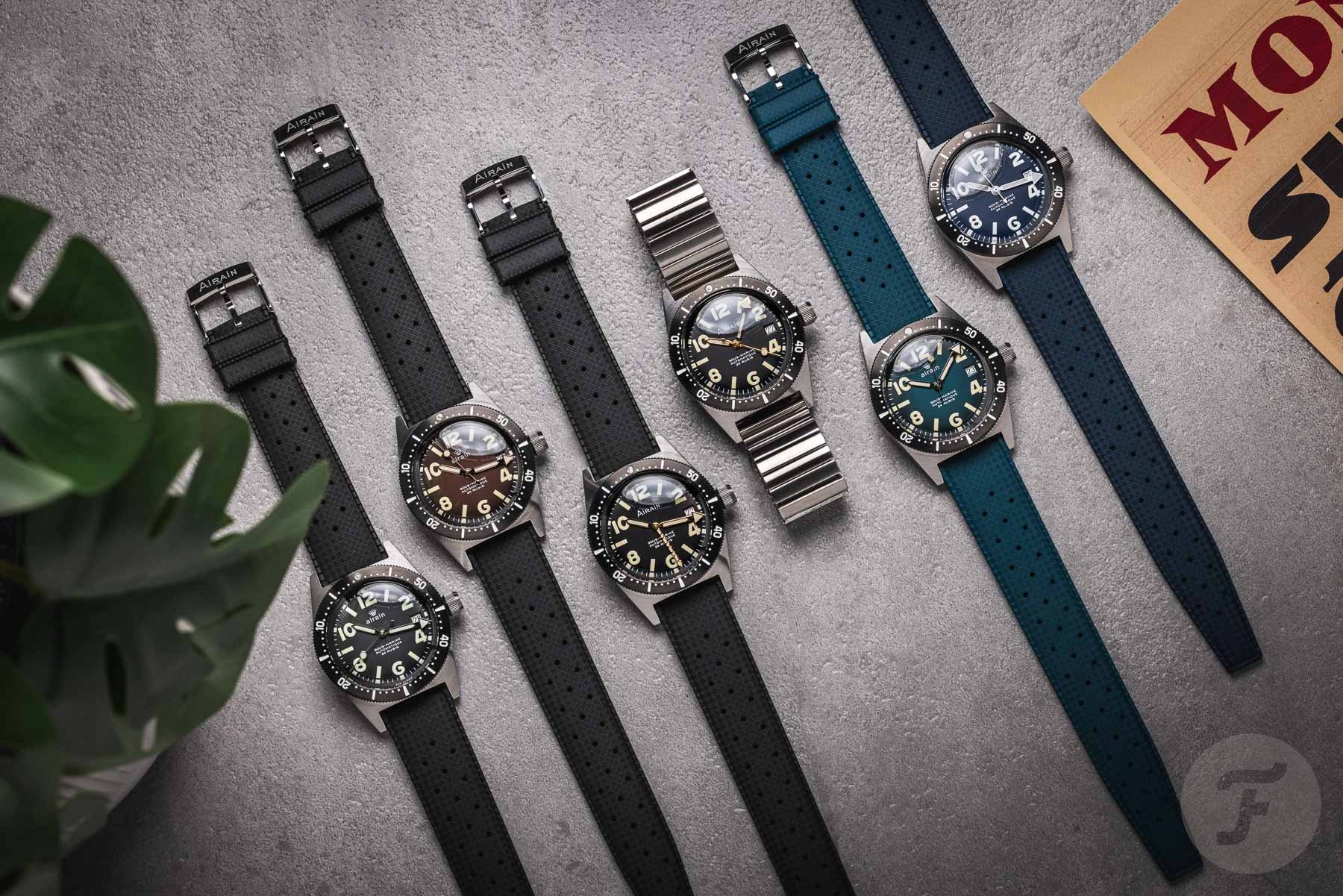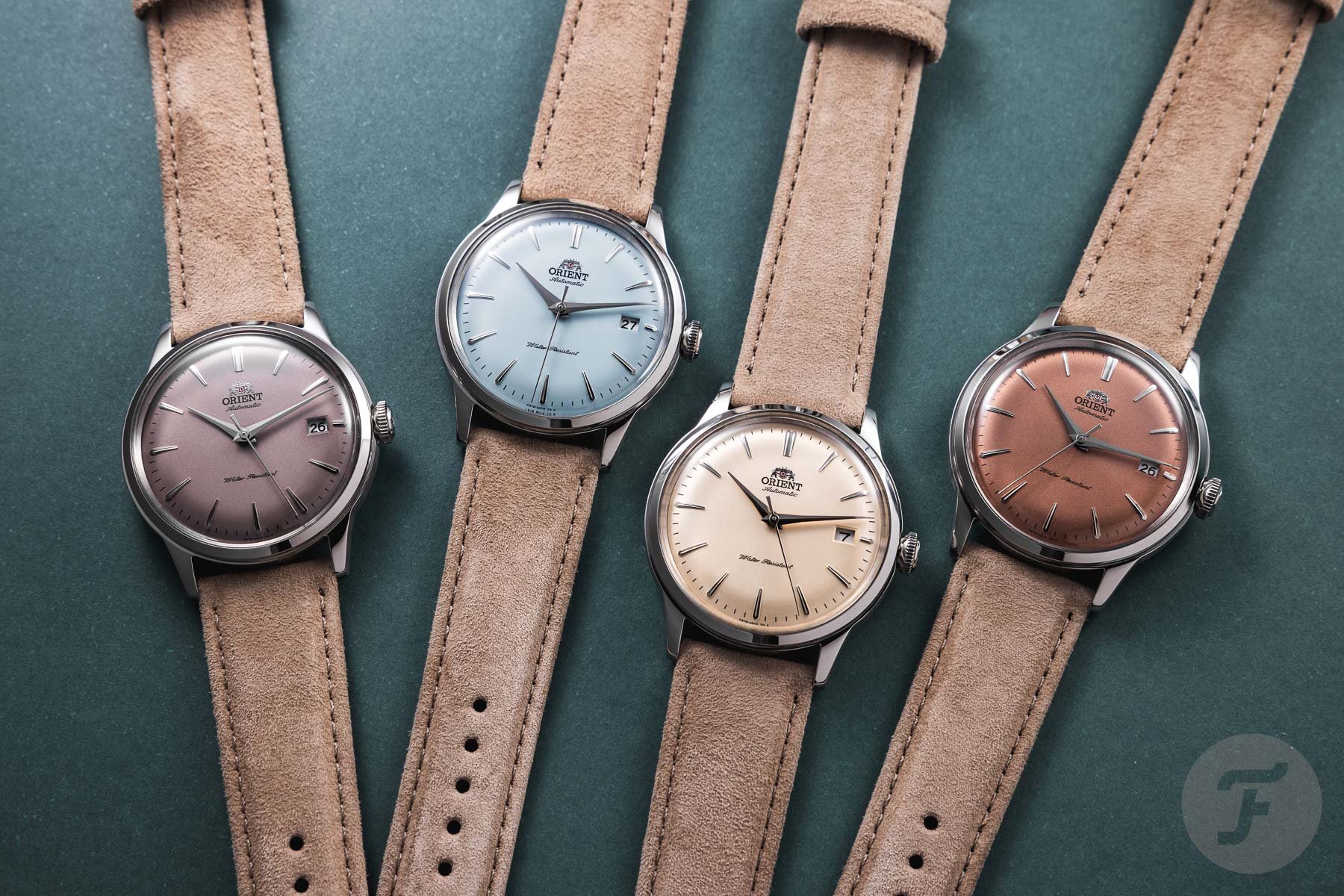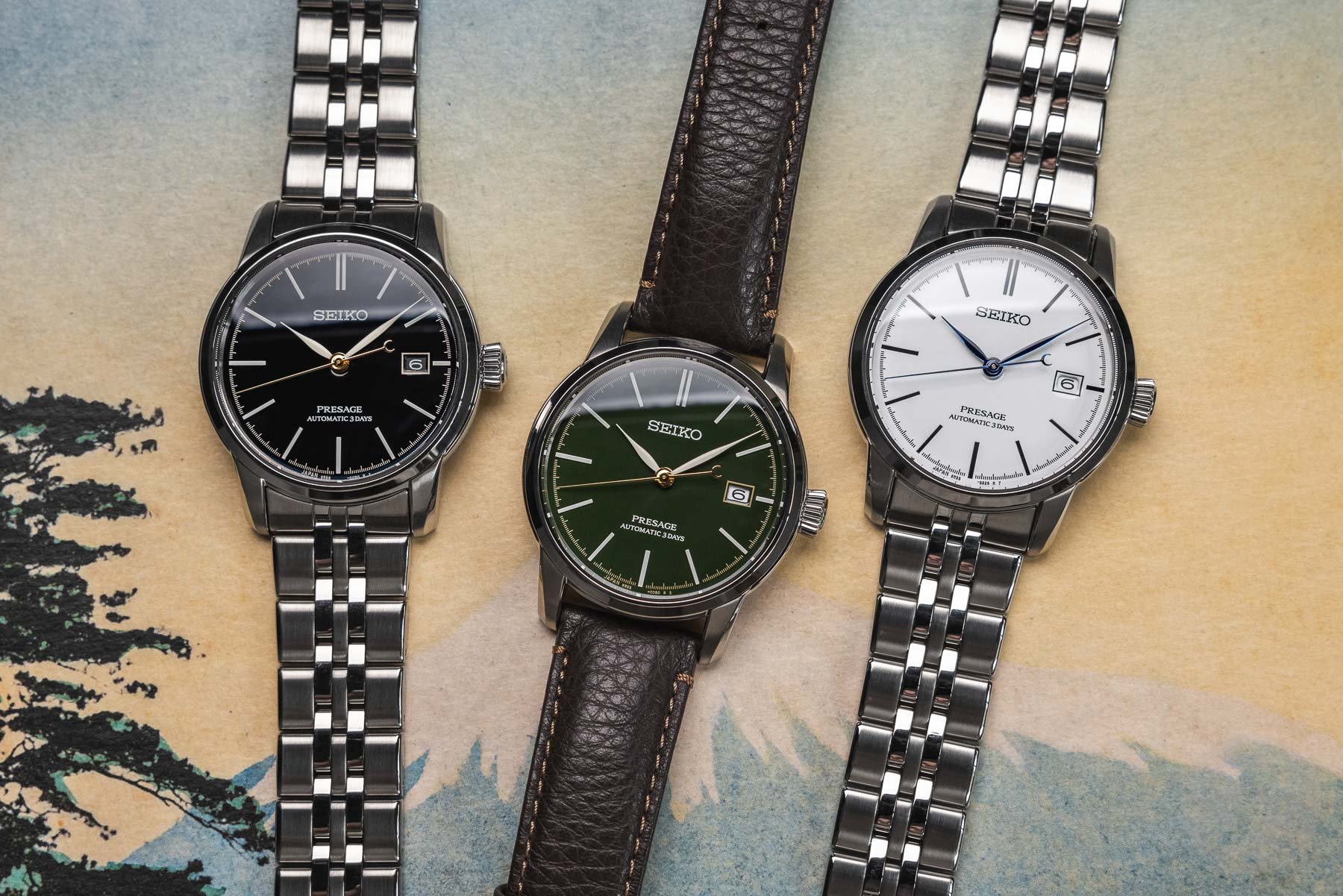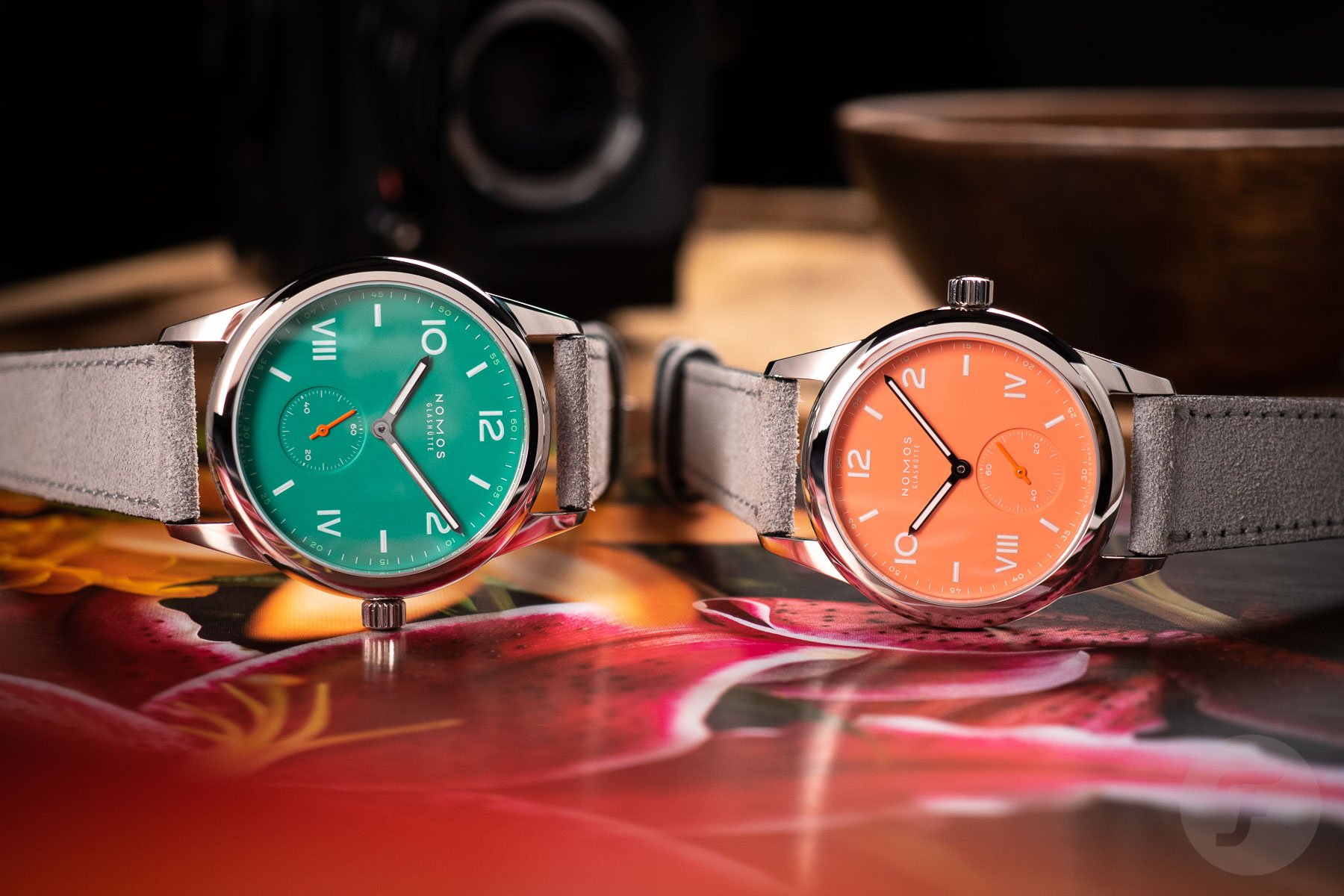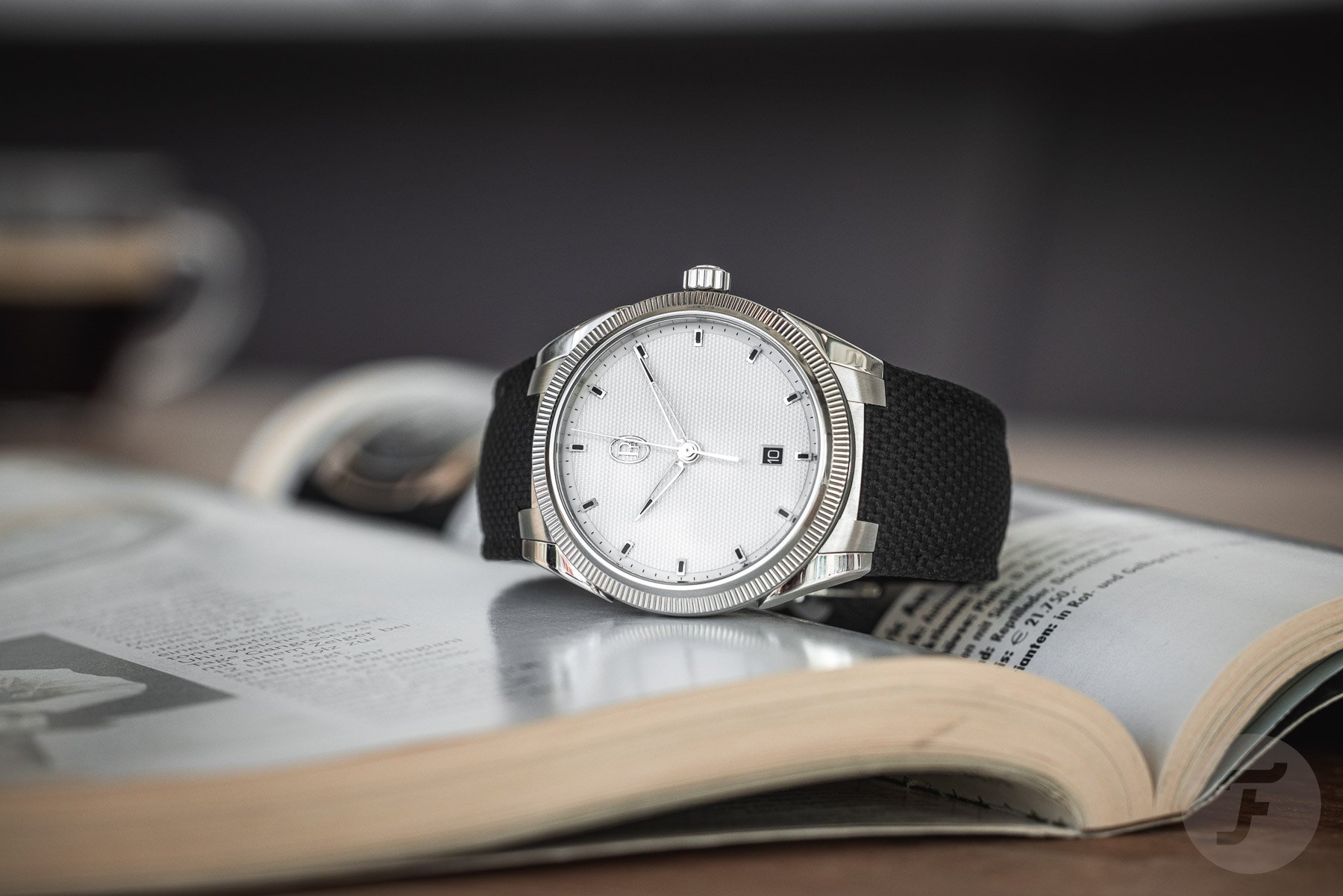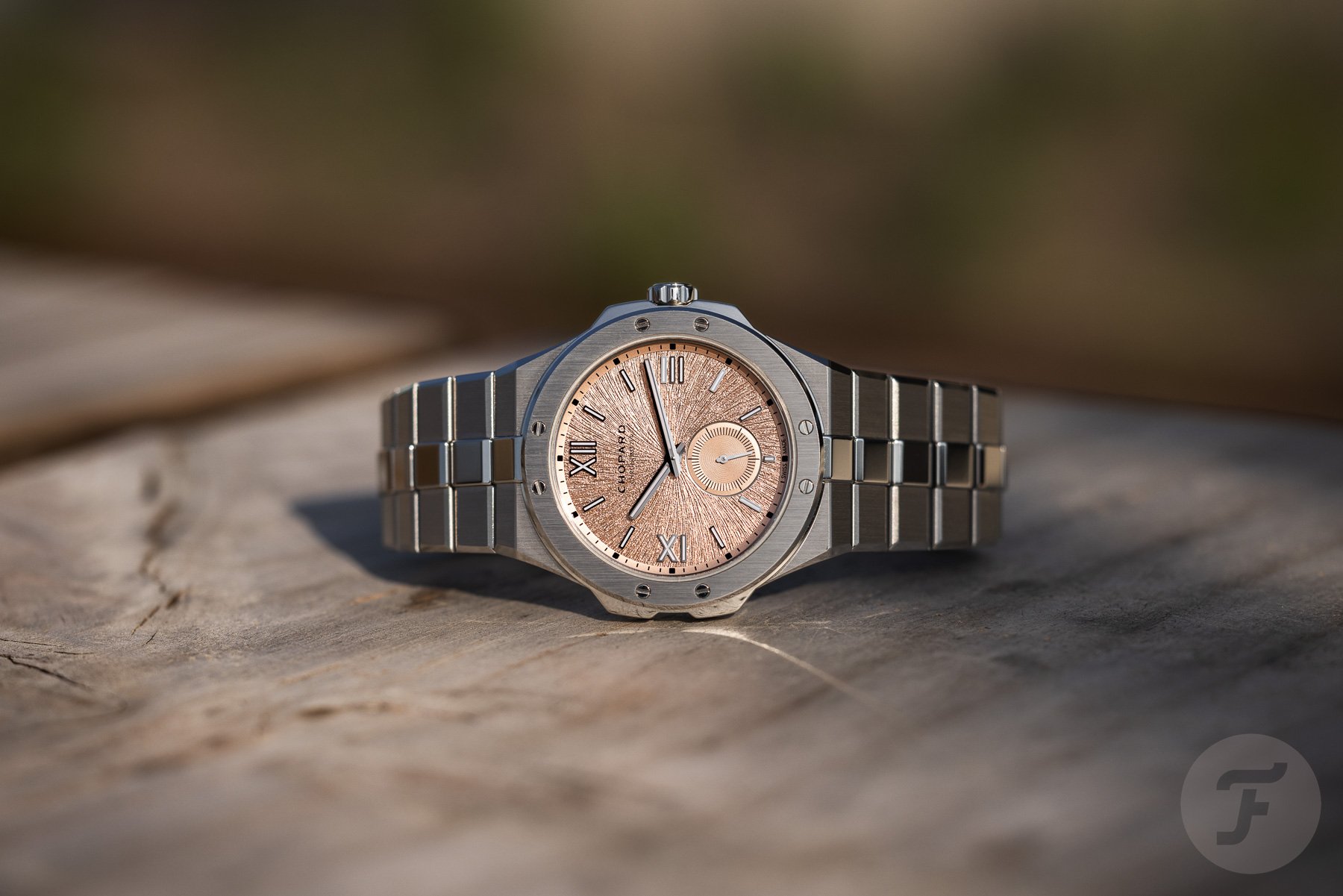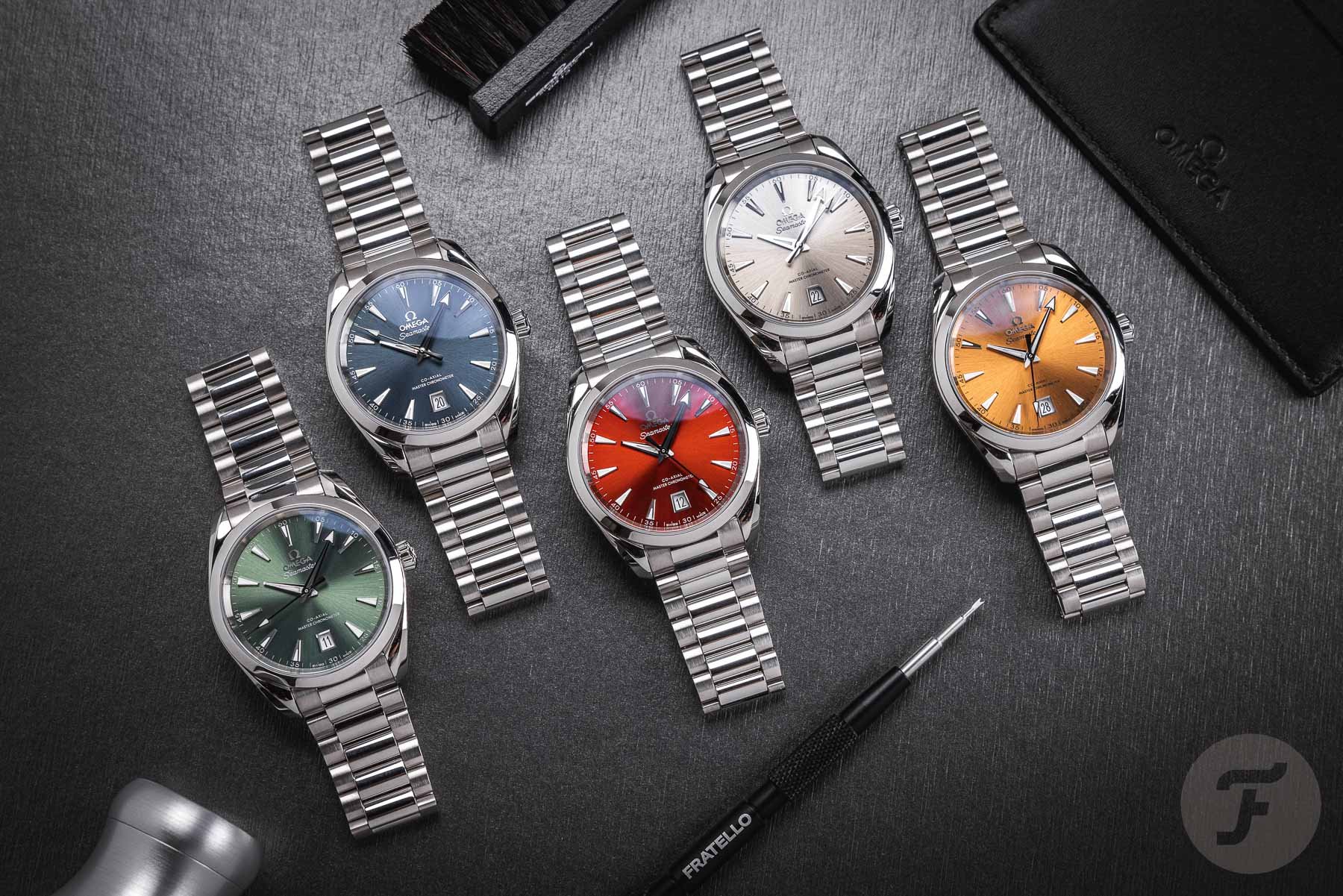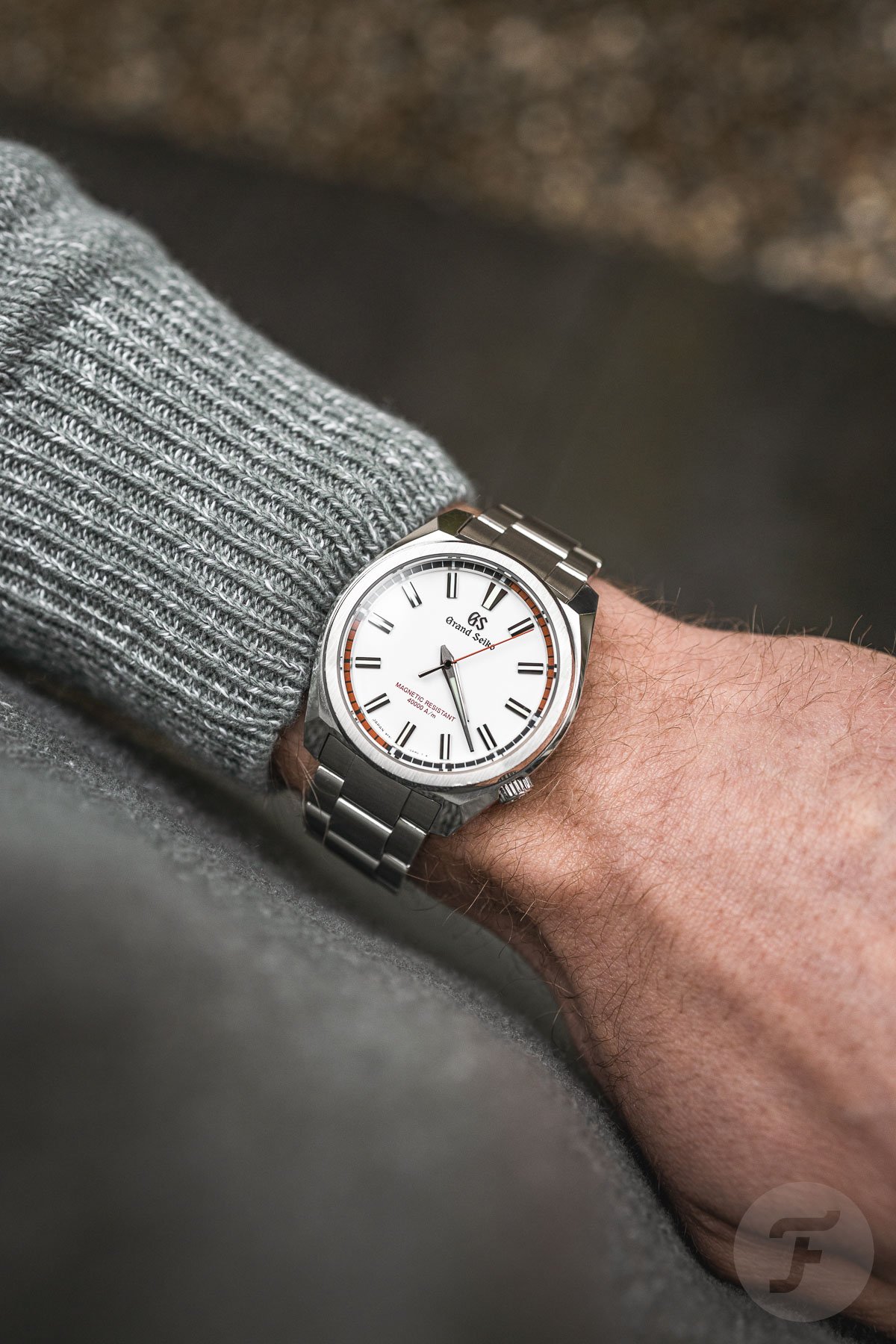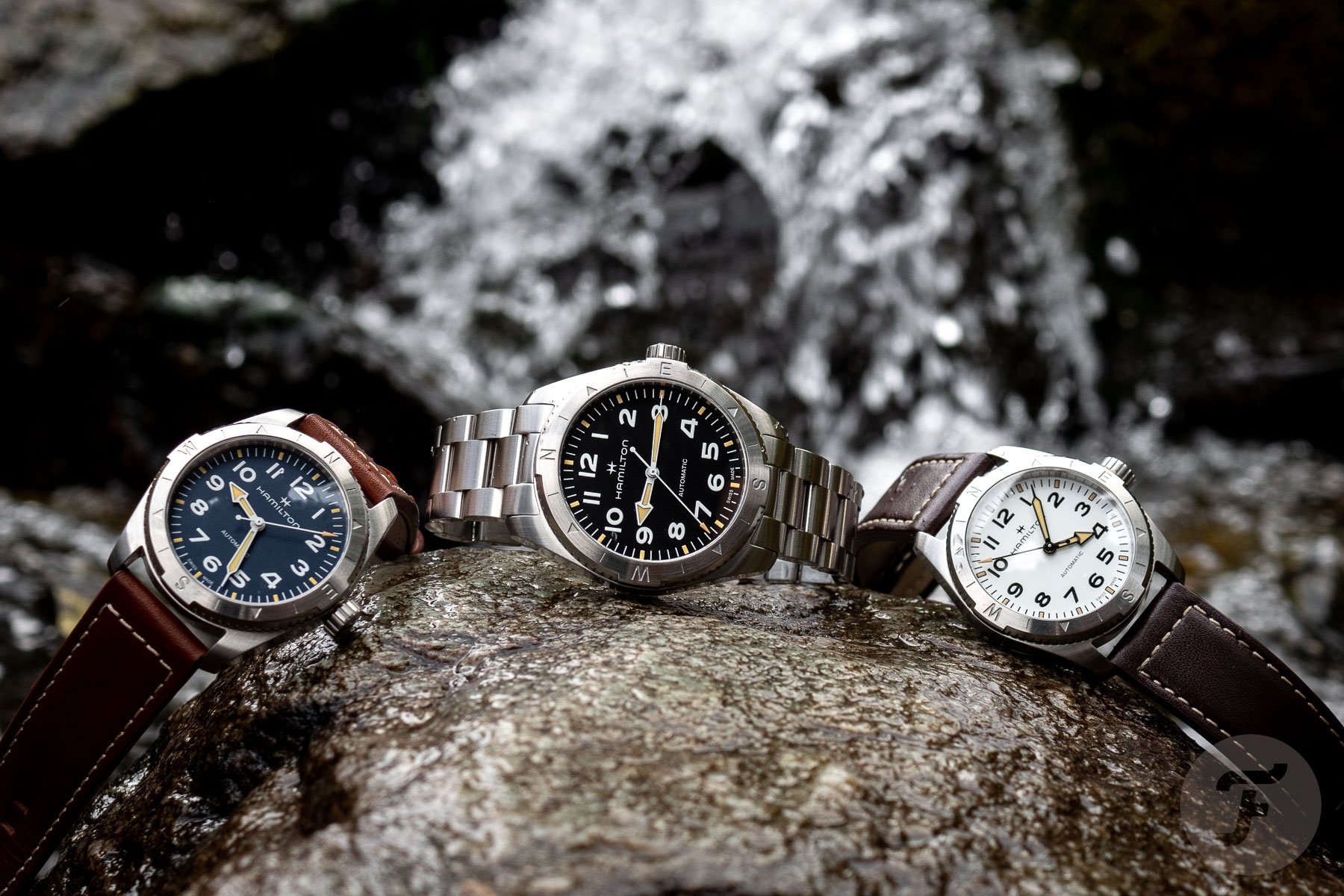The Agony Of Choice — Why A Watch Catalog With Fewer References Makes You Happier
We all make choices every day. Most of us, however, probably don’t decide to buy a luxury watch all that often. So when you do, you’d better think it through properly. You might experience the agony of choice. It happens sometimes — for instance, when you have to choose between a “Pepsi” and a “Batman.” It also happens when you’re spoiled for choice, like when there are 217 Seamaster references to choose from. Picking the right Fifty Fathoms out of 102 references could be challenging as well. And there are numerous other brands with seemingly overflowing catalogs. But did you know that with more choice, expectations increase while the level of satisfaction decreases? Should watch brands take note?
Making the right choice has always been a problem, both philosophically and practically. The Greek philosopher Aristotle (384–322 BCE) stated that virtue of character is a disposition involving choice. The logical ancient Greek scientist continued by saying that choice is a desiderative thought or thoughtful desire. By naming the two sides of choice — thought and desire — it’s immediately clear that choosing is a difficult balancing act. With every choice, you’re balancing certainties against risks. The heart and the mind try to find a compromise. And there’s also the struggle to balance short-term gratification with long-term benefits.
Why a watch catalog with fewer references makes you happier — Let’s ask Monsieur Pascal
Before talking about how you can make the right choice when it comes to watches, we need to mention another great thinker of the past. The French philosopher, mathematician, and philosopher Blaise Pascal (1623–1662) thought a lot about choice, not regarding watches, obviously, but on another hefty topic — belief. In his incomplete work Pensées, published after he died in 1670, the Catholic Pascal writes the following: “Belief is a wise wager. Granted that faith cannot be proved, what harm will come to you if you gamble on its truth and it proves false? If you gain, you gain all; if you lose, you lose nothing. Wager, then, without hesitation, that He exists.”
Pascal posited that if you choose to believe in God and your belief is correct, you will be assured eternal bliss in Heaven. Also, if it turns out that God doesn’t exist, there’s nothing to worry about either. What does God have to do with watches? Well, watch lovers can be quite religious when it comes to their passion. Writing critical articles about Tudor, for instance, often provokes the wrath of the “Tudoristi,” resulting in accusations of blasphemy. Now, can we use the ideas of Pascal and maybe also Aristotle when it comes to choosing the right watch? Can a watch be a wise wager, for instance?
Infinite choice
When choosing a watch, you balance the mind and the heart — rational thoughts and burning desire, the stuff Aristotle mentions. Pascal’s wager and watches are a different matter. You can try to convince yourself to believe that buying a watch will always work out because it will bring you watch nirvana. Unfortunately, there are possible obstacles that might derail that train of thought. Think of potential technical issues that could lead to a frustrating service procedure, for example, but also the possibility of growing tired of the watch. And that might happen sooner than later if the watch of choice was competing with a lot of other potential candidates. According to Buddhists, we exist in a field of infinite possibilities, and that applies to potential watch buyers. Some watch brands have catalogs with so many references in them that the possible choices are close to infinite.
Green or blue?
To celebrate my seventh birthday, my parents bought me a bike. That’s not unusual in the Netherlands, but what kind of was is that the guy from the bike shop came to our house with a blue and a green bike. I could choose my favorite one. Now that was a problem. Blue was and still is my favorite color, but one of my friends had a green bike that I really liked. I still remember that the agony of choice was a lot like a physical pain in my brain and body. So, did I pick the green or the blue one? I will tell you later.
My childhood memory came to me while reading Holland Herald, the in-flight magazine of KLM, while flying to Geneva. In an article, psychologist Tila Pronk talked about what happens when people have to choose. She talked about research that showed that when people have to choose between 24 flavors of jam in the supermarket, it will take them longer to pick. Furthermore, once they smear the jam on their toast, they will feel less content with their pick than if they had just six flavors to choose from. The underlying principle, Pronk says, is that expectations rise when there’s more choice. And with great expectations come bitter disappointments.
What happens when you replace 24 flavors of jam with 24 watches? With watches costing thousands of times more, the possible result is nothing short of disastrous.
Watch Tinder
Believe it or not, the trick to prevent disaster from striking can be found on Tinder. Well, not on the dating app itself but, rather, in Tila Pronk’s study that recreated Tinder to find out whether people also experience negative consequences of choice overload while swiping left and right on a dating app. The study found that the highest chance of success is with the first profile that pops up on the screen. Now apply that to watches, an object you are also planning to have an intimate relationship with — preferably, a long-lasting one.
There’s no such thing as Tinder for watches (yet), but it is possible to kind of recreate the app in a live setting. Go to a watch store, tell a salesperson all your criteria like price, size, material, functions, color, etc., and enjoy your coffee/champagne. After a little while, the salesperson will come back with a watch on a tray under a cloth that should match your wishes and spark your desire once it’s unveiled. When that happens, you best pick that one, be firm, and trust yourself because, if you don’t, the likelihood of finding a better-matching watch decreases.
Matters of the heart and concerns of the mind
Since making decisions is such a crucial aspect of human life, scientists have performed numerous studies on it. Those studies often show that people use two types of mental processing. There’s the fast, unconscious, often emotion-driven system that draws from personal experience. And the other system is a slower, more deliberative and analytical process that rationally balances benefits against costs among all available information. You could say it’s choosing with your heart or your head. When it comes to watches, finding the right balance between heart and head is often extremely difficult. Try rationalizing your “need” for a €20K luxurious sports watch in steel that doesn’t have the AP logo on the dial. Your heart might be racing, though.
Choice overload
Deciding if the price is worth the joy it promises to bring is one thing, but what about choosing between dozens of watch references? Scientific studies show that people are only capable of dealing with a finite number of options, so choice overload is very real. When expectations rise to unrealistic heights, the disappointment goes low and feels very real. The biggest difference between a luxury watch and a jar of jam is the price. And because of the immense price difference, the buying frequency is also immensely different for most people. The dissatisfying taste of that strawberry jam can be easily wiped clean from your palate by putting a jar of blueberry jam in your cart the next time you’re at the supermarket.
A watch is very much unlike a jar of jam. It better “taste” good for a long time to come. Minimizing watch “flavors” not only makes choosing one easier but will also lead to more satisfied customers. I’m guessing that the feeling of spending too much money on an object that doesn’t bring the expected amount of joy leads to a deeply dismayed customer. And in the emotional world that is high-end horology, disillusioned customers are the spreaders of bad vibes. A happy customer, on the other hand, is a returning customer and a brand ambassador who will spread the word about the brand like a true disciple. Don’t spoil customers for choice. Instead, treat them right. Present them with a watch catalog with fewer references, a carefully curated collection that symbolizes a strong, confident brand.
A final personal note about my watch of choice, the Grand Seiko SBGX341
Back in 2021, I bought my Grand Seiko Tough Quartz SBGX341. The way it went down was much like Tila Pronk described as ideal. My colleague Gerard showed me a picture of a watch I hadn’t seen before, and I instantly decided to buy it. Since it’s a quartz watch, I had a general idea of the price and decided it was fair and within my budget. And while I was rationalizing, I could feel my heart racing. So my decision was based on desiderative thought, just as Aristotle, who I think would be a Hamilton wearer, said. And guess what? Two years have passed, and I’m still in love with my GS. Point proven, don’t you think?
Oh, and I picked the green bike because my friend rode the same one. But I regretted my choice the next day. I should have stayed true to myself and not allowed an outside factor to have such a big influence on my choice. Lesson learned. You don’t have to share your childhood trauma with me, but it would be interesting to read about your experiences when it comes to choosing a new watch. How does your process work? Is it a balancing act between heart and mind? And have you ever regretted a decision?

